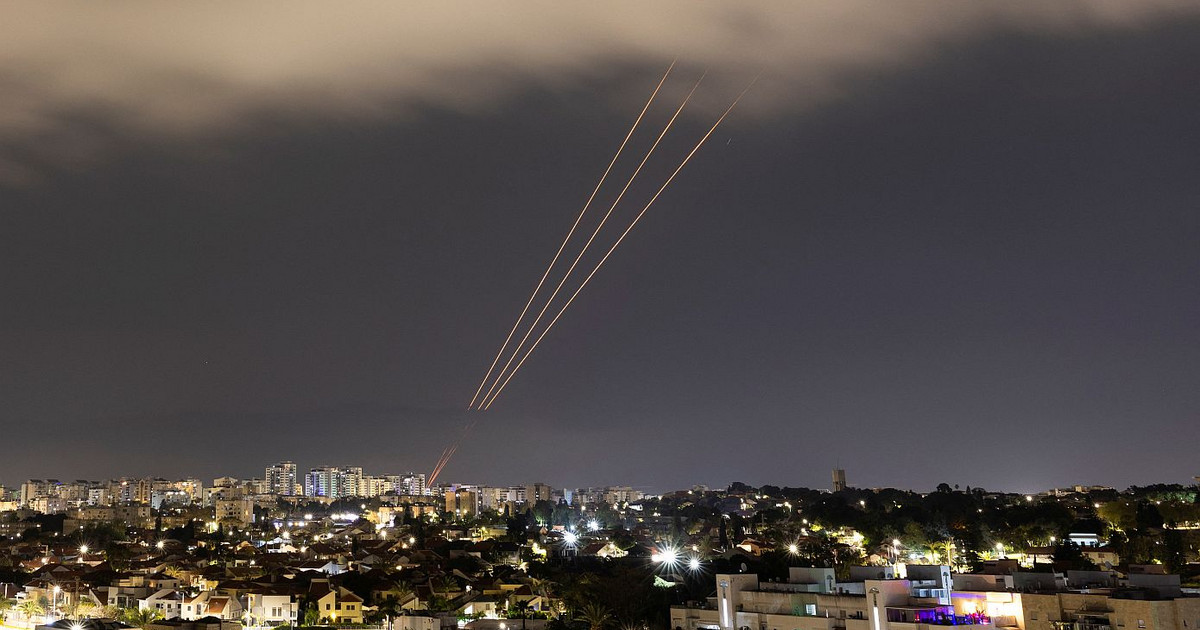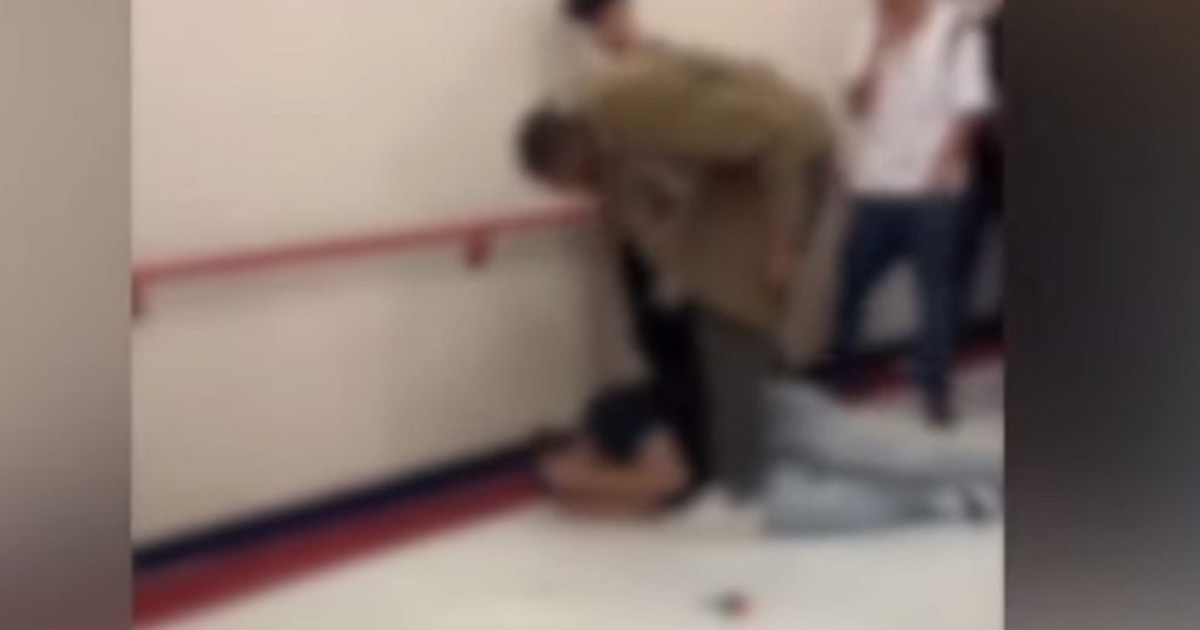After a two-month, ten-country trek through the jungles of northern Colombia, the dangerous Darién region of Panama, and the USA — Anabel and Crisman Urbaez of Venezuelaalong with their two children and a dog, now sleep in warm beds at a family shelter in Brooklyn, New York.
But her relative calm these days belies an agonizing journey that began in Lima, Peru, after the family’s wealth dried up and she became the target of xenophobic attacks. They had already migrated from Venezuela to Peru a little earlier.
Like the thousands of migrants sent from Texas to Washington, D.C. and New York (by order of the Governor of Texas to protest the Joe Biden administration’s immigration policies), the Urbaez family sold everything they owned and raised what they could to the trip, not forgetting Max, the pit bull puppy.
“The economy began to go into crisis in Peru,” Urbaez told CNN. “We couldn’t afford our food. There is also a lot of xenophobia against Venezuelans in Latin America. Sometimes people called us names, and I didn’t want that for my kids.”
By car, the family crossed parts of Ecuador and Colombia in late April. Then a four-day hike through the jungles of northern Colombia took them to Panama.
Sebastian Urbaez, the couple’s son, told CNN who was exhausted several times. In those moments, he said, the puppy Max would lie on top of him and lick his cheek to cheer him up.

“He was so strong. He kept walking with us. He’s not just a dog. He’s like our brother now,” said 9-year-old Sebastian.
Determined to get Max into the United States, the family said they hid him with blankets on several buses, saying he was a baby.
“It was difficult to go through Costa Rica. Once they realized Max was a dog and asked us to get off the bus,” Crisman recalled. “But we persisted.”
After weeks of sleeping on cardboard boxes and safely crossing Mexico, the family crossed the Rio Grande and surrendered to immigration authorities in Eagle Pass, Texas, on June 19.
Asylum and search for Max
The Urbaez family asked for asylum as soon as they crossed the border.
But immigration officials did not want to accept pit bull Max in the country. They told Anabel to think about her children and ditch the dog.
“But I couldn’t do that,” her mother said. “Not after everything he’s been through with us.”
Sebastian and his 6-year-old sister Criszanyelis burst into tears as their parents begged immigration agents to be allowed to stay with Max.
“There was an agent that I think was placed by God in our path,” Anabel said. “I am so grateful to him. He also cried a little. He said he would take Max to a shelter and gave me the address so I could look for our dog once we were released.”
According to Anabel, the immigration agent recognized Max from articles published by Latin American news agencies, which covered the family’s unusual trip. The Mexican newspaper “Posta”, for example, dubbed the dog “Max, the migrant dog”. The immigration agent knew the saga.

Upon release, the family went to the animal shelter to retrieve Max. But an employee said they had turned Max over to a man who claimed he was related to the family.
The Urbaez family was able to locate the man — a fellow migrant who had traveled with the family, according to Anabel. He agreed to return the dog, but they would have to pick him up in Uvalde, Texas.
With the help of a stranger who offered a ride, the Urbaez family was reunited with Max the next day.
There, the family took the opportunity to visit Uvalde Memorial Park, where Criszanyelis left a toy at the memorial created for the 21 victims of the massacre at Robb Elementary School, which took place this year.
the urban jungle
Upon release from US custody, immigration agents in Texas directed the Urbaez family to a shelter in New York City and scheduled a meeting with the immigration court.
The family, with Max safely in their custody, was scheduled to arrive in New York and appear in court.
With the help of a stranger, who met the Venezuelans when they were alone and without resources at a gas station, they arrived in San Antonio, still in Texas. In the city, they looked for an organization that provides assistance to immigrants (Anabel does not remember the name of the group, but said that all workers wore blue jackets).
“They helped us out and gave us plane tickets to New York, but when they realized we had a dog, they canceled the trip,” Crisman said.
The family told CNN that they begged the organization for help, until they finally got bus tickets to New York. The Venezuelans spent three days on the road before reaching New York just before midnight on June 27.
The family stopped at the Port Authority and began looking for the immigrant shelter appointed by Texas agents. After asking for information several times, they finally found the shelter. But they couldn’t enter, as the place only accepts survivors of domestic violence, not entire families, according to Anabel.
It looked like the family would be spending the night on the street, but the owner of a grocery store on the corner of 9th Avenue and 39th Street surprised the couple.
When the merchant heard the family’s story, he offered to let them sleep in his truck overnight.
“He told me he didn’t want anything from me. That would let me sleep in a vehicle overnight and help me find a place to go the next day,” his father Crisman reported.
The next day, the merchant fed the family and let them stay in his little market.
When Robert Gonzalez, a local resident and activist who frequents the market, passed by, the owner asked him to help the family.
Gonzalez, who has been helping Venezuelan migrant families for the past two years, asked the trader to take the family to the Prevention Assistance and Temporary Housing Office in the Bronx. But the family was again rejected: the shelter does not allow dogs.
Gonzalez then reached out to a psychotherapist friend who helped the family begin the process to register Max as a service dog so he could join the family at shelters. Meanwhile, a volunteer stayed with Max, and the family spent two days waiting for the town’s homeless shelter to process their paperwork.
The family now lives in a shelter in Bushwick, Brooklyn. Even now, with finally a warm bed to sleep in, Venezuelans still feel they are in a kind of limbo, even though they are grateful to be in the United States.
“Dad can’t work,” explained Gonzalez. “Until the next hearing, they are not allowed to work and so they must rely on people like me who are willing to help. It’s worse for Venezuelan migrants because they are orphans in a way. There are no Venezuelan embassies or consulates in the United States that they can turn to if they need help or a copy of a document from their country.”
In the coming months, Sebastian and Criszanyelis Urbaez will be among the approximately 1,000 asylum-seeking children that the Department of Social Services hopes to enroll in New York public schools. It is part of the Open Arms Project, a city initiative to help asylum-seeking families with academic and language needs.
The family’s next hearing date is in October 2023, when they will find out if they have been given permission to work legally.
In an interview with CNN, Manuel Castro, New York Commissioner of Immigrant Affairs, said the city is asking the federal government to challenge and provide additional support to the city and expedite work permits for asylum seekers.
“Most of the families I spoke to want to work, they don’t want to stay in shelters. They just want to contribute to society, stay in peace”, reported Castro.
The good news is that Max has achieved certified service dog status.
“We don’t just think of him as a dog. We see him as part of the family,” Anabel said. “The children would not have forgiven us if he had been abandoned by us.”
Source: CNN Brasil
I’m James Harper, a highly experienced and accomplished news writer for World Stock Market. I have been writing in the Politics section of the website for over five years, providing readers with up-to-date and insightful information about current events in politics. My work is widely read and respected by many industry professionals as well as laymen.






